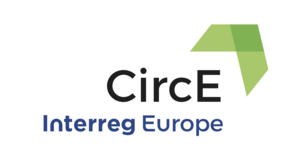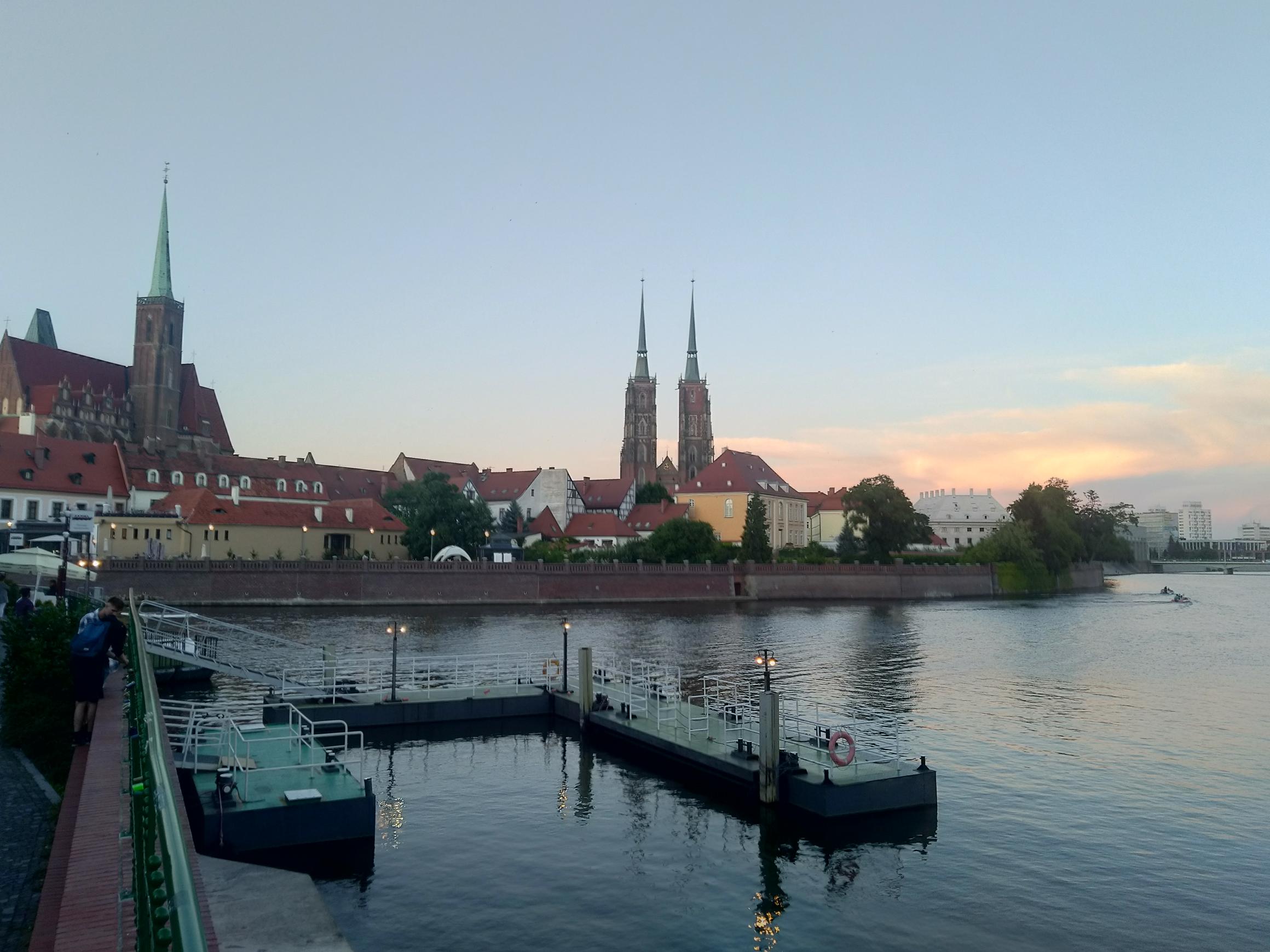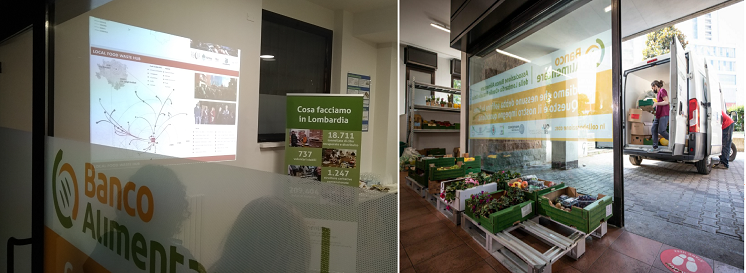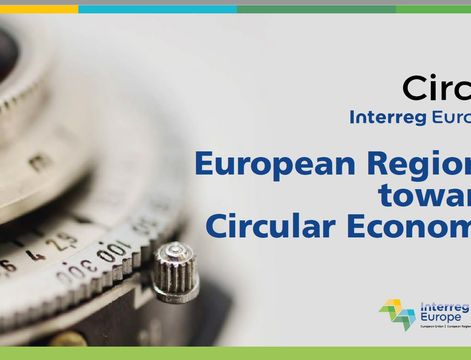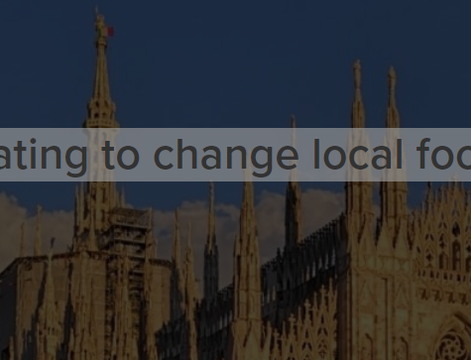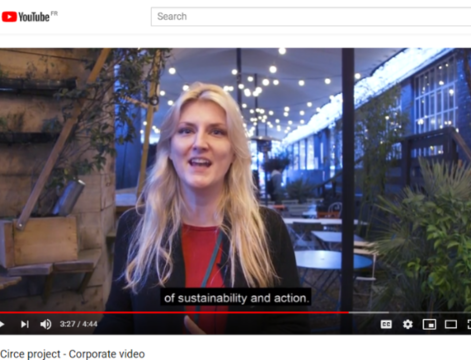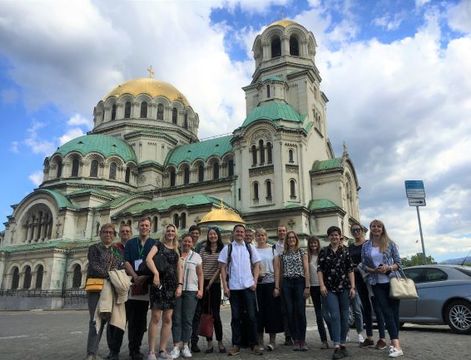Circular Economy was the topic discussed at the conference organized by the Economy Division of the Marshal's Office and the Wrocław University of Science and Technology as a part of the Open Innovation Week.
"Why do we need circular economy - challenges for Lower Silesia",
this slogan gathered everyone interested in the development of products and services, the market of secondary raw materials and consumer attitudes, that are key aspects of the circular economy. Hubert Bukowski from the Institute of Innovative Economy Foundation tried to answer the question when and how it is possible to switch from a linear to a circular economy model.
Examples for the innovative use of post-industrial waste in foam pellets and sewage sludge in light aggregates, i.e. new, innovative products, have been presented by: Dariusz Hreniak, Chairman of the Board of Ipanterm and Maciej Sypniewski from NTI. Mrs. Katarzyna Michniewska, Chairman of the Board of Eko Cykl Organizacja Odzysku Opakowań pointed very important importance of public education campaigns for the implementation of a circular economy into social practice and Jan den Boer from Wrocław University of Environmental and Life Sciences, made everyone aware that the average Pole throws about 50 kg of food in his home every year and presented measures to prevent food waste in Central Europe.
In the discussion panel Mirosław Maliszewski, deputy director of "Poltegor - Institute" Opencast Mining Institute, Paweł Karpiński, deputy director of Environment Department of Marshal’s Office, Mr. Hubert Bukowski and Katarzyna Michniewska unequivocally solved the dilemma that the idea of a circular economy is definitely a necessity today, not a fashion.
That is why the Lower Silesian Voivodship is involved in the CircE project, European regions towards circular economy (funded by Interreg Europe Programme), which principles were presented by Mrs. Justyna Lasak, Head of the Innovation and Competitiveness Unit of the Marshal’s Office Economy Division. The main objective of the project is to intensify cooperation of entities from various parts of Europe, willing to conduct business activities in compliance with the principles of industrial ecology and the idea of C2C (Cradle to Cradle) and to create an action plan for our region in compliance with CE.
